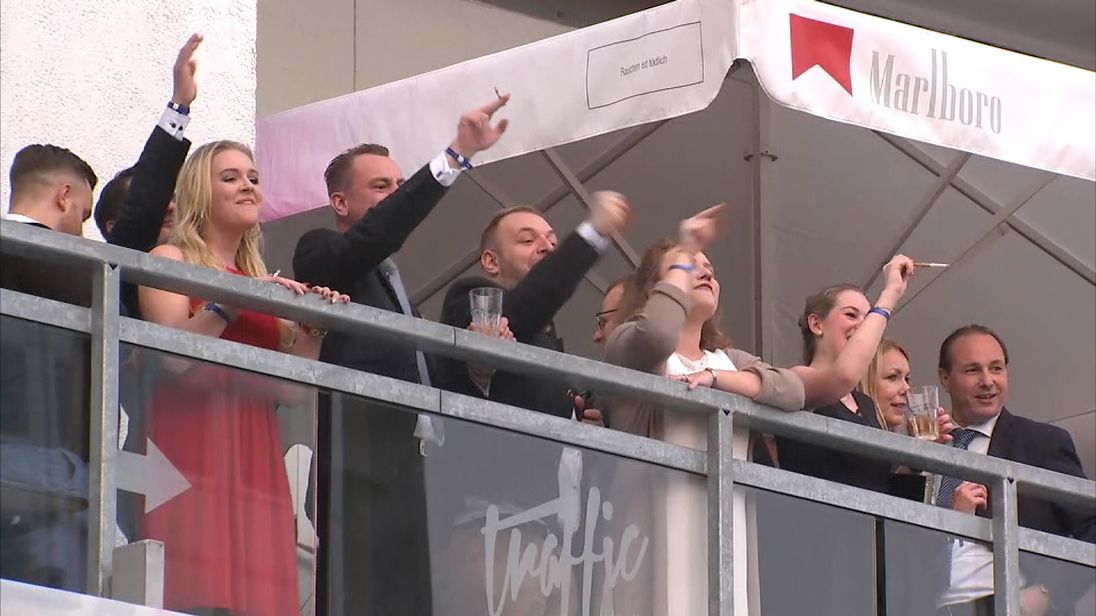The discussions, which bring Ms Merkel's Christian Democrats (CDU) and allied Christian Social Union (CSU) together with the centre-left Social Democrats (SPD), are seen as a final attempt to create a coalition after months of deadlock.
Set to last five days, they follow a shock general election that in September failed to return a majority, leaving all parties with reduced vote shares and Germany without a government.
"I am going into these talks with optimism, but it is clear to me that a huge amount of work lies ahead of us in the coming days," Ms Merkel said.
"I think we can succeed."
The lack of an overall majority has resulted in a high-stakes political limbo for Ms Merkel, who has led Germany for 12 years and hoped to secure a fourth term as Chancellor in last year's election.
But Germany's political stability was upset after the far-right, anti-immigration Alternative for Germany party took more than 12.6% of the vote, entering parliament for the first time as the country's third-largest political force.
The shock gains deprived the other leading parties of seats and marked a first in Germany since World War Two, deepening fears of a far-right resurgence across Europe.
Without a majority after the election, Mrs Merkel must form a coalition government or face ruling as a minority government or calling new elections.
She initially sought an unusual coalition with the liberal Free Democratic Party to fill the power vacuum, but was left with an uncertain future after talks collapsed in November.
Leaders hope to decide by Friday if formal talks to form a coalition are possible, and, if further talks do go ahead, they are likely to take weeks.
Significant divides remain between the parties, with the SDP opposing policies like tax cuts for high earners and benefit reductions for asylum seekers favoured by the conservative CSU.
The SDP's leader Martin Schulz said he was "not drawing red lines" and would take a "constructive and open-ended" approach.
"We want to implement as many red policies as possible in Germany," he said. "Germans are entitled to have this go quickly."


